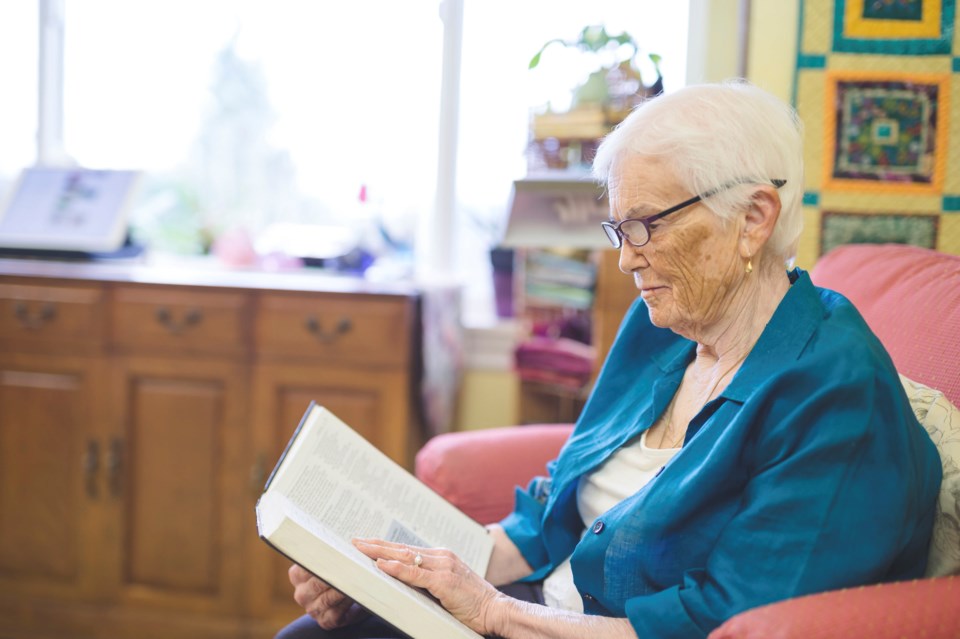As COVID-19 cases rise dramatically across B.C, and much of the world, the province is once again restricting visitors in long-term care homes. But with the Omicron variant generally resulting in milder illness that appears to resolve itself quicker, the isolation requirement for vaccinated individuals who test positive for the virus will now be cut in half.
During Friday morning's press conference, provincial health officer Dr. Bonnie Henry announced that beginning Saturday, only essential visitors will be allowed to enter long-term care homes to visit residents.
“We need to decrease the number of people coming into our long-term care homes so that we can best protect the seniors and elders in our long-term care homes and ensure that health-care workers in those settings are able to manage and cope,” Henry said.
She said she hopes to have the restriction in place for as short a term as possible, and she'll reevaluate the measure, along with a number of other restrictions, on Jan. 18.
Additionally, she announced that vaccinated B.C. residents who test positive for COVID-19 will now be required to isolate for five days, instead of 10. Those who've isolated for five days will be required to wear masks for the next five days while around others, while also avoiding gatherings.
“After five days, if your symptoms have resolved or have mostly improved, you can go back to activities in the community, wearing a mask for an additional five days,” Henry said.
“This is a risk mitigation strategy, it doesn't mean that every single person will be through their infectious period ... within five days, but the vast majority of people are.
“What we're seeing with Omicron is that a shorter incubation period means that people are infectious earlier, from one to two days before their symptoms start, and the illness tends to resolve more quickly as well.”
Unvaccinated people will still be required to isolate for 10 days from when symptoms first started.
Those who've been exposed to COVID-positive people are not required to isolate if they're not showing symptoms, but Henry said those people should avoid gatherings and self-monitor for a week following their exposure.
Henry noted that most of B.C.'s new Omicron infections are resulting in mild sickness, but it's causing issues for some industries, as workers are required to stay home. WestJet announced Thursday it would be due to staff contracting the virus, and B.C. Ferries this week due to staff shortages.
Henry noted the province's health-care system is currently dealing with this issue as well.
While Quebec issued a , including a curfew, in the face of rising cases and hospitalizations on Thursday, Henry said that province's situation is much different than B.C.'s.
“Quebec is dealing with a rapid increase in hospitalizations that is really strained their system, and part of that is a Delta wave that had just been starting in Quebec so much of their hospitalization is not necessarily related to Omicron, but is at the same time where Omicron is causing health-care workers to become sick as well,” Henry explained.
“The challenges are different in our different communities ... It will be the hospitalizations and ICU cases that will be driving if we need to do more.”


